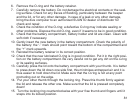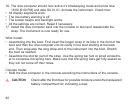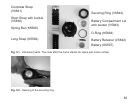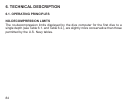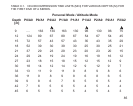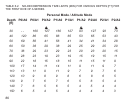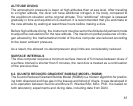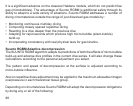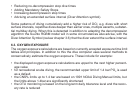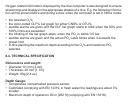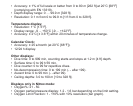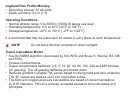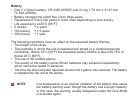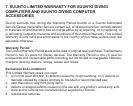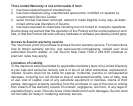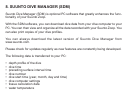• Reducing no-decompression stop dive times
• Adding Mandatory Safety Stops
• Increasing decompression stop times
• Advising an extended surface interval (Diver Attention symbol).
Some patterns of diving cumulatively add a higher risk of DCI, e.g. dives with short
surface intervals, repetitive dives deeper than earlier ones, multiple ascents, substan-
tial multiday diving. When this is detected in addition to adapting the decompression
algorithm the Suunto RGBM model will in some circumstances also advise, with the
Diver Attention Symbol (review chapter 3.6) that the diver extend the surface interval.
6.3. OXYGEN EXPOSURE
The oxygen exposure calculations are based on currently accepted exposure time limit
tables and principles. In addition to this the dive computer uses several methods to
conservatively estimate the oxygen exposure. These include for example:
• the displayed oxygen exposure calculations are upped to the next higher percent-
age value
• for recreational scuba diving, the recommended upper limit of 1.4 bar PO
2
is used
as a default
• the CNS% limits up to 1.4 bar are based on 1991 NOAA Diving Manual limits, but
the limits above 1.4bar are signicantly shortened
• the OTU monitoring is based on the long-term daily tolerance level and the recov-
ery rate is reduced



